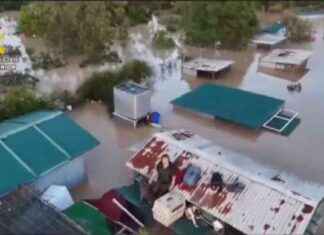Older people are especially vulnerable to heat and also to dehydration. Therefore, although we must ensure that they stay hydrated throughout the year, this becomes even more important in summer. During the summer season, temperatures rise and the body sweats to cope with the heat. This sweat represents a significant loss of fluids in the body that we should not ignore.
To this must be added the fact that, with age, the sensation of thirst decreases. In addition, this becomes less in the case of taking certain medications or when you have certain pathologies, such as diabetes. However, the proportion of water in the body of the elderly is lower and, therefore, we must be especially vigilant if we want to avoid dehydration, which depending on its severity can have serious consequences for health.
When talking about dehydration, we must differentiate between mild and severe. In the first, some symptoms such as a dry mouth or a feeling of fatigue lead us to the need to drink fluids to get over it. When it comes to severe dehydration, the symptoms are more pressing and it is necessary to see a doctor immediately, because drinking water will not be enough to replace the fluid lost in the body. In these cases, intravenous treatment will most likely be necessary. Thus, it is necessary to know how to recognize the signs that anticipate dehydration in the elderly, to act accordingly.








